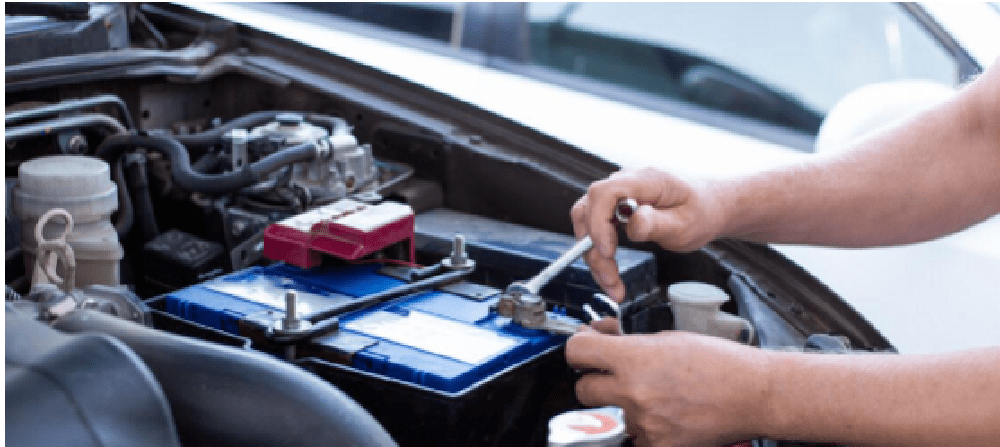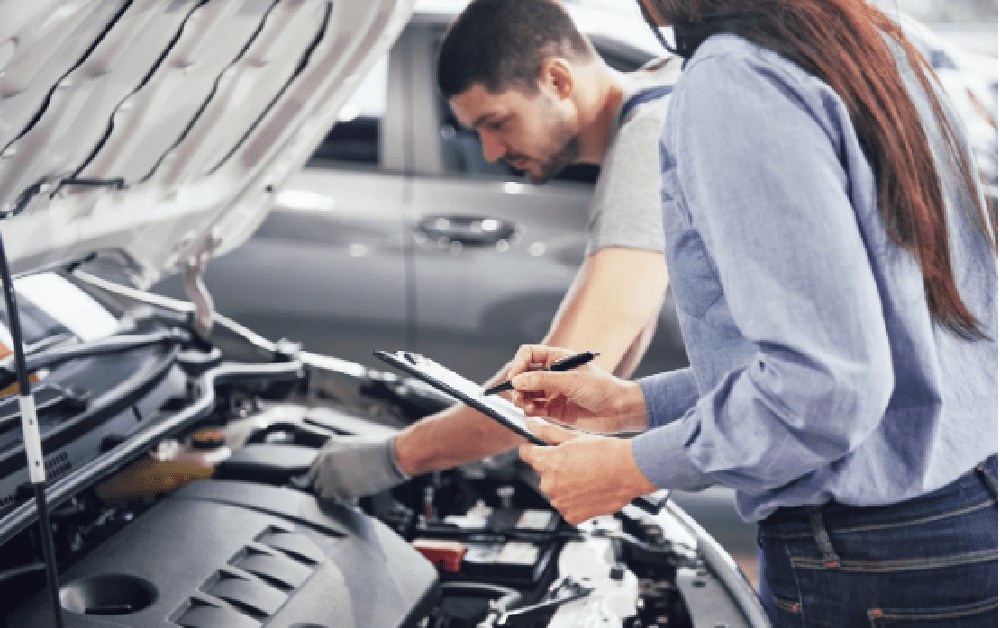It is crucial to maintaining your vehicle for ensuring its longevity and optimal performance. Regular maintenance not only enhances safety but help save you from expensive repairs down the road. From routine inspections to thorough cleaning and DIY maintenance, these car care tips are here to keep your vehicle running smoothly and efficiently.
Your vehicle is not merely a means of transportation; it's a valuable asset that needs to get attention and care. To help you navigate the intricacies of car maintenance, we've prepared a comprehensive guide that has a few essential tips to keep your vehicle in great shape. Transitioning from routine inspections to comprehensive DIY maintenance, here's a guide to optimal practices that maintain your car's performance and save you money. With ANCEL diagnostic tools, you can also conduct diagnostics yourself, exactly identify issues and discuss them with the repairer when visiting the repair shop.
$369.99
Routine Inspections:
Engine Oil and Oil Filter: Check the quality and quantity of engine oil every 5000 miles or 6 months, and also keep the oil filter clean and changed regularly to ensure engine performance.
Fluid Checks: Check brake fluid, coolant, transmission fluid and battery levels every two months to make sure they are within the correct markings.
Tire Inspection: Check tire pressure and wear every 3000 to 5000 miles to ensure proper pressure and even wear. Rotating tires helps balance natural wear, ensuring a smoother and safer drive, extending tire lifespan, and reducing the costs of replacement.
Replace Parts:
Air and Air Conditioning Filters: Replace the air and air conditioning filters every 10000 miles or 12 months as recommended in the maintenance manual to ensure proper engine operation and clean air inside the vehicle.
Fuel Filter and Additives: Check and replace the fuel filter every 12000 miles and add fuel additives every 3000 miles to maintain engine performance.

Body And Interior Cleaning:
Body Cleaning: Once a month, the exterior of the vehicle is cleaned, including a wash and wax to protect the paint from dirt and oxidation.
Interior Cleaning: Clean interior surfaces, including seats, carpets and upholstery, every three months and replace interior air conditioning filters every six months.
Attention to Detail:
Electronics and Dashboard: Check the vehicle's dashboard and electronics every month to ensure that all gauges are working properly and that any problems are repaired in time.
Suspension and steering system: Check the vehicle suspension and steering system every 10000 miles to make sure there is no wear or looseness in the suspension parts.
DIY Notes:
Prepare Tools and Skills:Before performing any DIY repairs or maintenance, make sure you have the proper tools, skills and understanding to get the job is done correctly and safely.
Seek Professional Help:If you are not sure about a repair, seek the professional to help solve the problem correctly.

Maintain Records:
Record Maintenance Repairs: Record every maintenance repair, including the date of repair, the item repaired and the parts used, which can help understand the vehicle's maintenance history and the next step in the maintenance program.
When doing DIY car repairs, remember that safety is a important concern. You may always operate in the proper environment and conditions while working, and always seek professional help, especially when it comes to the complex issues.
FAQs
Q1: What are the signs indicating my car needs immediate attention?
A: Watch for warning signs like unusual noises, dashboard warning lights, or changes in vehicle performance. If you notice anything unusual, seek professional inspection promptly.
Q2: What should I do if my vehicle's check engine light comes on?
A: If the check engine light illuminates, it's advisable to have your vehicle inspected by a professional technician to diagnose and address potential issues.
Q3: How can I improve my vehicle's fuel efficiency?
A: Maintaining proper tire pressure, regular engine tune-ups, and avoiding aggressive driving can significantly improve fuel efficiency. Also, use the recommended grade of motor oil.
Q4: Is it necessary to warm up the car before driving?
A: Modern vehicles don't require prolonged idling before driving. However, allowing the engine to warm up for a minute or two is beneficial in cold weather conditions.
Q5: What steps should I take for vehicle storage or if I won't be using my car for an extended period?
A: Ensure the vehicle is clean and protected from moisture if it'll be parked for an extended duration. Consider disconnecting the battery or using a trickle charger to maintain battery health.










